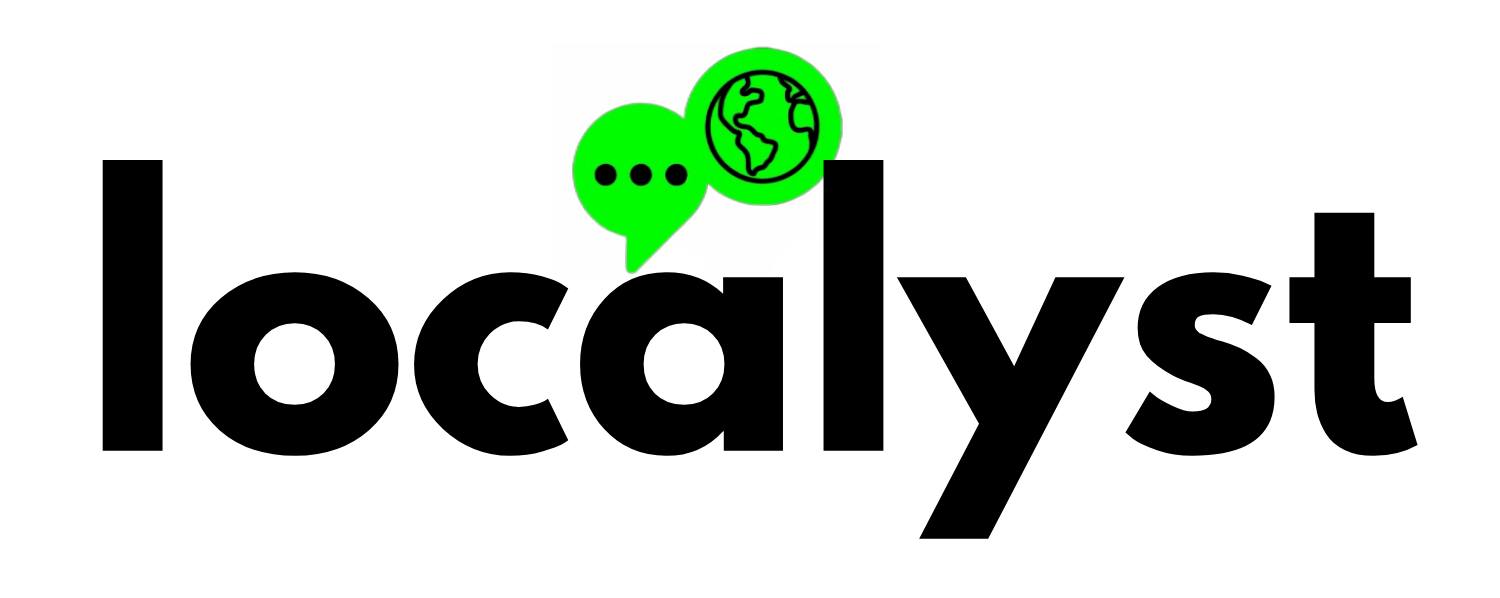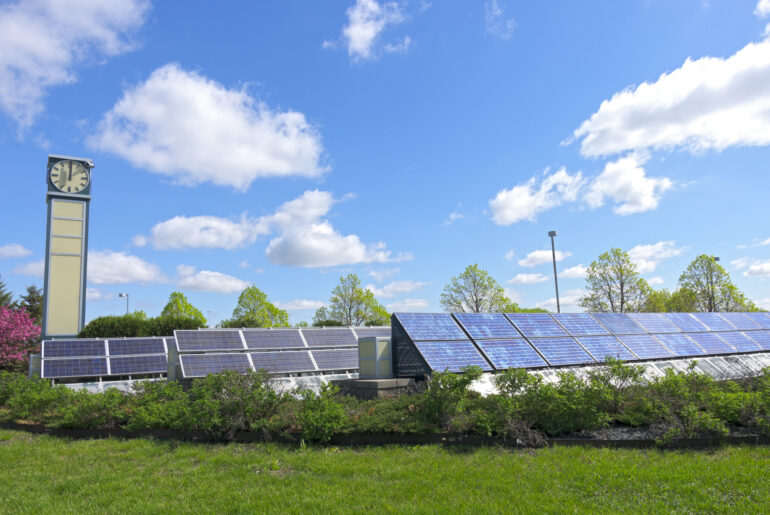Three Rivers, Michigan — With the rise of electric school buses, Michigan has become one of the leading states with a total of 152 vehicles. However, there is one looming question when it comes to electric vehicles, how do they stand up to the cold? In environments where electric vehicles are typically thought to face challenges, various Michigan school districts demonstrate that electric school buses can perform as well as, or even better than, their diesel counterparts.
Temperatures can plummet to -20°F in Michigan and Three Rivers Community Schools serves about 1,500 students throughout the school year. The district’s buses traverse rural and urban roads twice daily, covering an average route of 50 miles. Given these conditions, Schrader was committed to ensuring that the newly introduced electric school buses were both environmentally friendly and reliable under various weather and road situations.
The concept of using electric school buses (ESBs) came to Transportation Director Kenni Jean Schrader in 2016. Schrader was fascinated with the opportunities electric vehicles presented especially in terms of sustainability. She initiated discussions with various stakeholders to assess whether ESBs would be a suitable fit for her district and the surrounding community.
Due to the positive outcomes witnessed by early adopters of electric school buses (ESBs) and the recent announcement of $125 million in state funding dedicated to moving away from diesel school buses, numerous school districts throughout Michigan are anticipated to increase their acquisition of electric buses. Along with Three Rivers School, six other school districts in Michigan — including Zeeland Public Schools, Oxford Community Schools, Ann Arbor Public Schools, Gaylord Community Schools, Roseville Community Schools, and Kalamazoo Public Schools — were able to provide their students with ESBs.
“A route run by the district in the summer of 2022 reportedly cost $0.13 in electricity costs each day with an electric bus as opposed to the estimated $24 daily fuel cost of running that same route with a diesel bus that summer,” according to Electric School Bus Initiative.
Three Rivers found a way to introduce the concept to their district in a way that not only benefited the school but also the community. They discovered that assigning the ESBs initially to the most enthusiastic drivers was beneficial. Schrader observed that as these drivers shared their positive experiences, other drivers became more open to trying. The district also integrated the community into shop class curriculums and extended Wi-Fi access to rural communities for distance learning during the pandemic-induced school shutdowns.
Schrader credits a significant portion of her fleet’s achievements to the discussions held with the district’s utility provider, the communities served by the Three Rivers school district, fellow school districts, ESB producers, state vehicle inspectors, and the state’s pupil transportation association. With a 26-fleet addition in the works, Schrader recognizes it may be difficult to get this off the ground but with the help of the ESB allies listed above, the project will more than likely get done.




